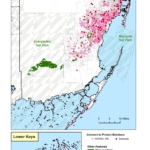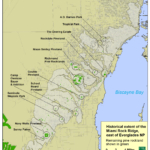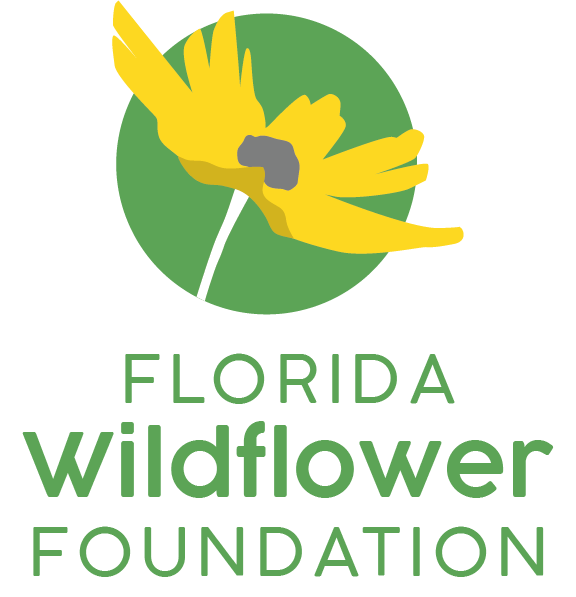Native Plant Network
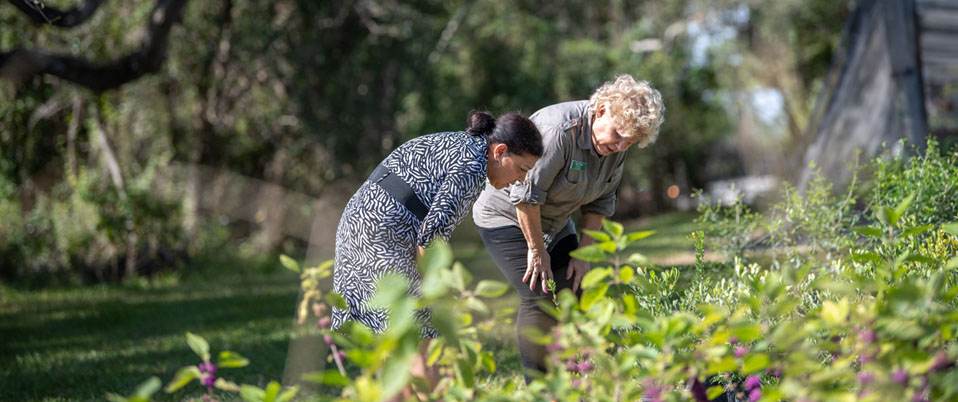
Fairchild’s Native Plant Network (formerly the Connect to Protect Network) is a citizen science program that enlists South Florida residents to plant native plants in their yards, providing habitat for bees, butterflies and birds. For more than 17 years, the Network has promoted our region’s unique native plant heritage. Members provide information about the wildlife that uses their gardens, and send seeds back to the Network. The program is run by the Garden’s Conservation Team.
Become a member / Contact us
Joining The Native Plant Network is easy. We only require that you are located in Miami-Dade or Monroe County, have an email address, do not over-use fertilizer, and can maintain pesticide-free native plants on your property for at least two years. To join, simply email your name, address, and telephone number to NPN@fairchildgarden.org. Schools and businesses, please provide the name of your institution and the names and email addresses of two additional coworkers who support joining the network.
Do you have questions? Check out our Membership FAQs and if you cannot find your answer there, please email us and we will be happy to help you (sorry, we do not have a phone number).
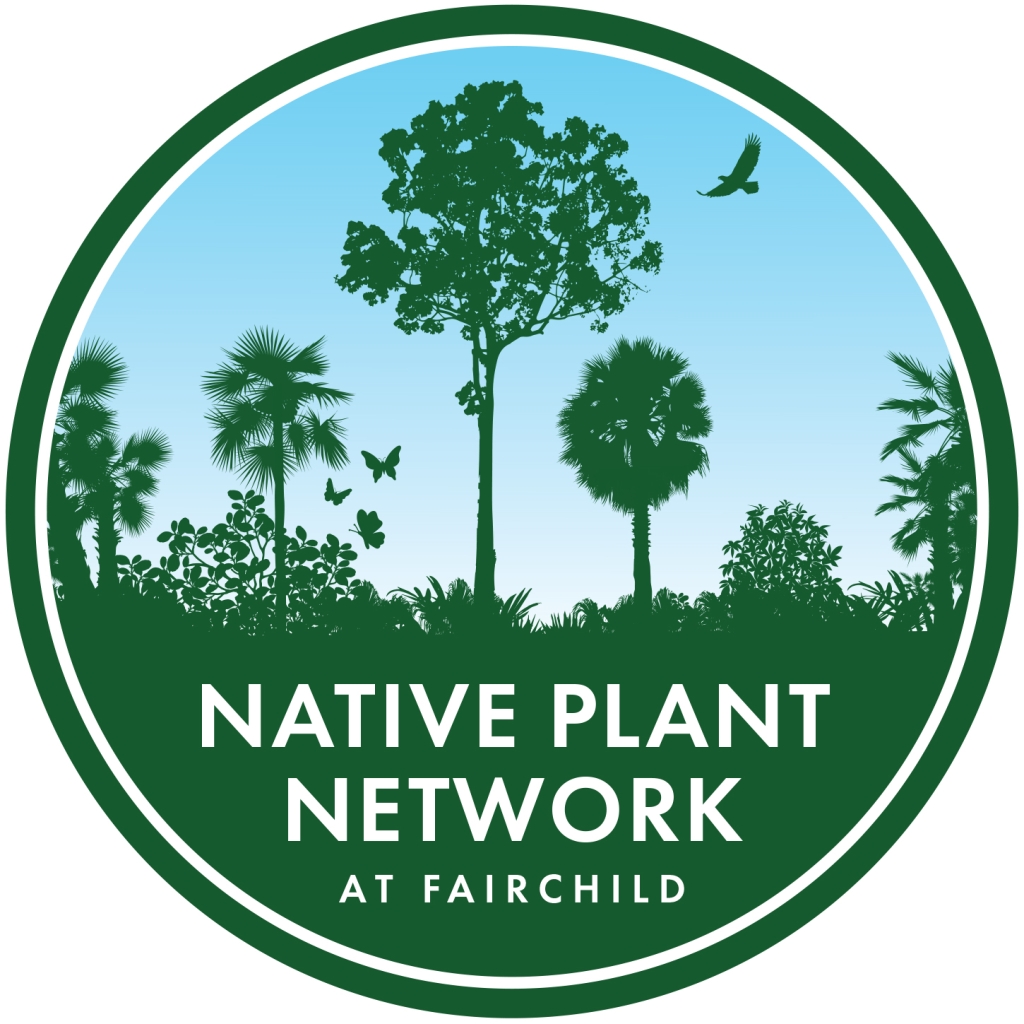
Membership benefits:
- Be a citizen scientist, providing information back to the network via occasional email polls. See results from our 2019 survey and our 2024 Survey.
- Learn about nature through our monthly newsletter, group hikes, expert lectures, and more.
- Native Plant Starter Kit. New members may pick up 5 free plants (10 for schools) grown by Fairchild native plant experts.
- Yard sign. Click here to see our optional free, weatherproof sign. Our “No Spray, No Mow” signs are also available for $15 each.
- Lower maintenance costs and increased wildlife presence.
Backyard biodiversity: ones to watch for
Once you have built great wildlife habitat in your yard, some of South Florida’s rarest butterflies and moths may come for a visit. Keep your eyes peeled for these rare gems, our Ten Most Wanted rare pine rockland pollinators: Bartram’s scrub-hairstreak, faithful beauty, Florida duskywing, lesser wasp moth, yellow-banded wasp moth, soldier, red admiral, variegated fritillary, ruddy daggerwing, and painted lady.
We are tracking which of these appear in urban gardens. Click below to open the flyer.
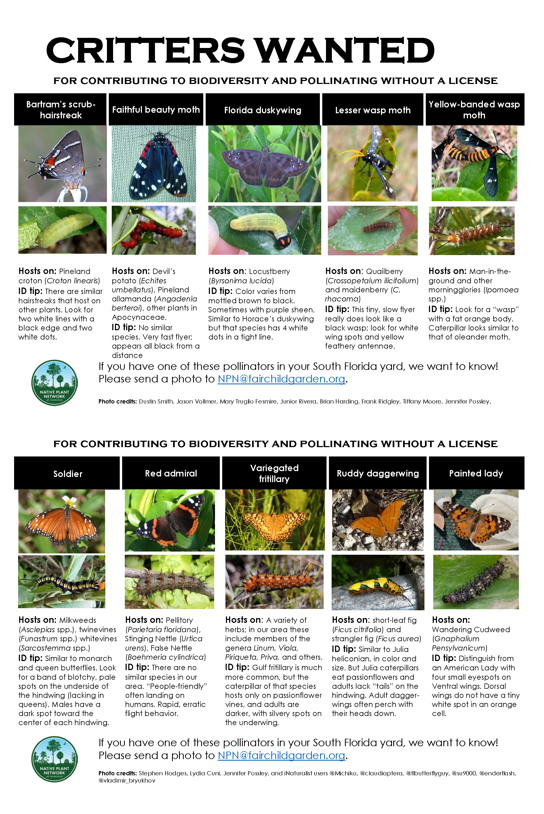
Seed needs
Many of the plants that we grow for NPN yards are from NPN members themselves! If you have some prolifically seeding plants in your yard, please contact us at NPN@fairchildgarden.org to see if we could use them. Members can drop seeds off at our nursery or mail them to us. Our seed needs rotate but native grasses are always in demand, as are uncommon small trees.
Native Plant Network resources
- Planting and maintenance guide (Updated)
- Guía de siembra y mantenimiento (En Español)
- Hand-pollinate man-in-the-ground
- Natives for low-light yards
- Native hedge ideas
- Butterfly attracting plants
- Pine rockland facts
- How to start a NPN garden
- Locustberry flyer
- Locustberry flyer (En Español)
- Pineland croton – Native vs. West Indian
- Gann et al. (2020) Guidelines for creating a pine rockland
- Moas (2016) Creating a native pine rockland “meadow” in Miami
- Shaw, C. (1975) Pine and hammock forestlands of Dade Co
- Brown & Cooprider (2010) All about our native cycad, the Coontie
- Escobedo et al. (2010) Ecosystem services of Miami’s urban forests
- Possley et al. (2018) Management plan for the Richmond pine rocklands
- FNAI (2010) Pine rockland description
Visit a pine rockland
Pine rockland is a critically imperiled habitat that is found in the Miami area and the Florida Keys. If you were wondering which pine rocklands are open for a visit, here are our top recommendations:
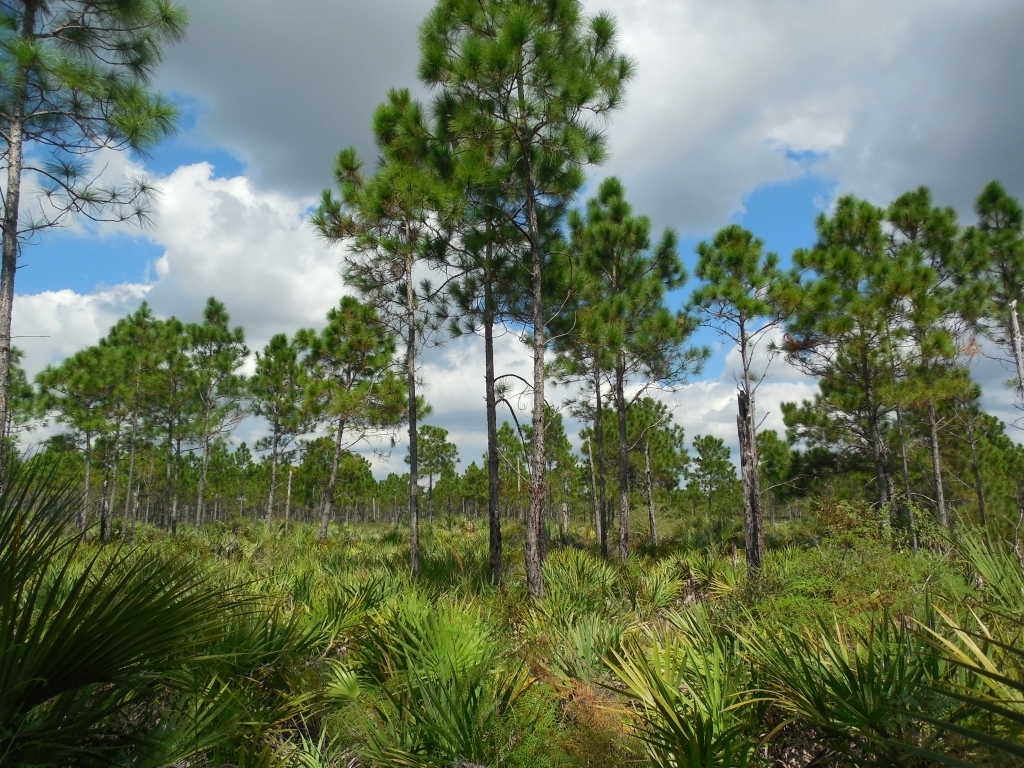
Preserves that are FREE to visit, have facilities and at least some portions that are ADA accessible.
Larry & Penny Thompson Park *
Ron Ehman Park
AD Barnes Park
(* indicates the preserve is pictured above)
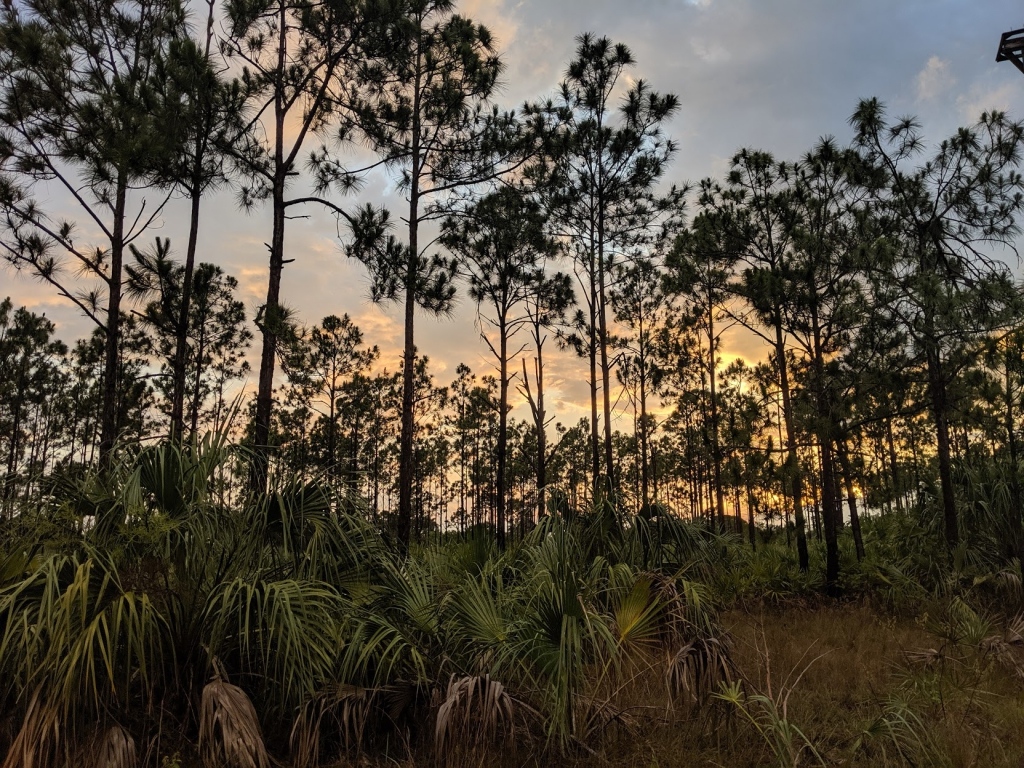
Preserves that are FREE to visit but lack facilities, staff, ADA trails, and/or parking.
Florida City EEL preserve
Goulds EEL preserve
Pineshore EEL preserve
Navy Wells EEL preserve
Rockdale EEL preserve *
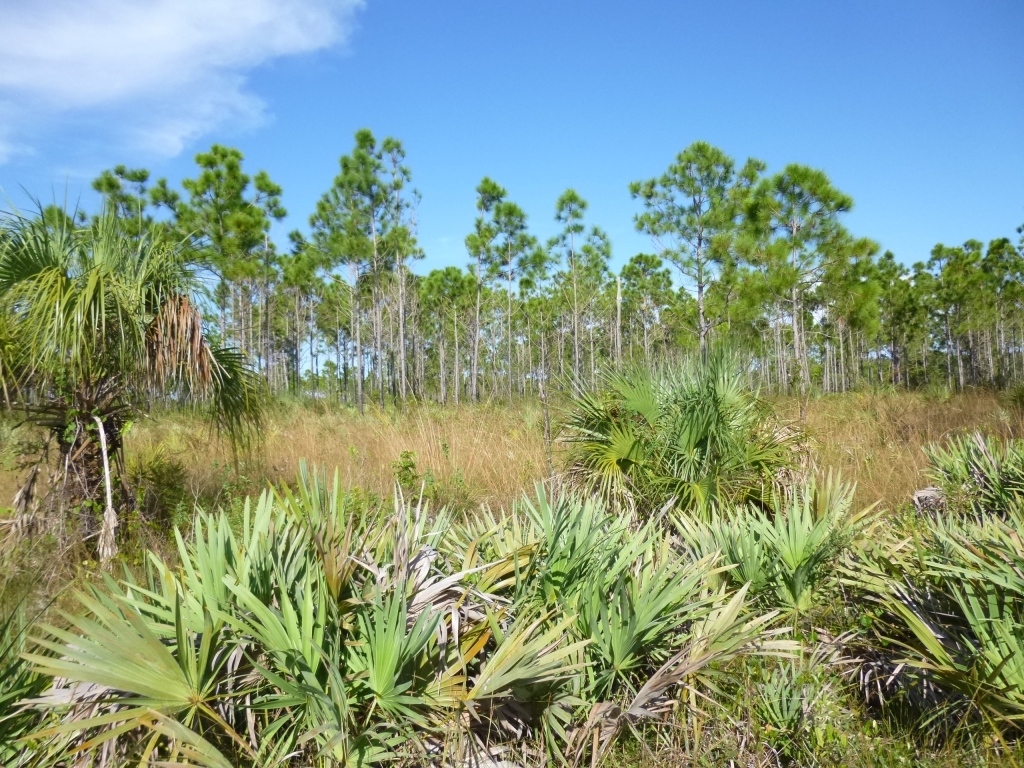
Preserves with admission fees; these have staff, facilities, and parking.
The Deering Estate * (see the pineland on guided nature tour).
Get more plants!
Nurseries we recommend
Click the buttons below to visit the websites of local native plant vendors we recommend. You can also purchase pine rockland plants at periodic sales hosted by Fairchild Garden or Tropical Audubon Society, or check to see which native plants are currently available on Fairchild’s virtual plant sale.
Garden help:
Design, installation and maintenance
These professionals have our recommendation for installing and maintaining native plant gardens. We gladly feature businesses that (1) have installed or upgraded at least 5 Florida native plantings, (2) do not install non-native invasive species, and (3) provide at least two clients who will vouch for their skills, work ethic and professionalism.
Florida Roots, Inc.
Specializes in native plant garden installation. Contact Steven at floridarootsinc@gmail.com or 786.277.8739.
Living Gardens Miami
Specializes in native plant gardening, maintenance, and installation. Contact Joey at jojosgardenmiami@gmail.com
adam & eve architecture & garden
Specializes in the design of native landscapes and modern homes. Contact Buck: 786.291.4824
NaMa Native Landscapes
Full service practice dedicated to sustainable landscaping using South Florida native plants. Design, Installation & Maintenance. Contact Natalia and Mauricio at 305.713.3596 or namanatives@gmail.com. IG@namanatives
Specializes in native plant gardening, maintenance, and installation. Contact Daniella at 786.483.9434 or info@3o5Garden.com.
Pot return program
We do use plastic pots in our nursery, but we hope they are not single-use plastic! NPN members often return donated plant pots to us, for reuse them in the nursery. We gladly accept undamaged pots during any distribution day for new member Starter Kits. Distribution dates are announced in our newsletter. If you can reuse your pots at home, that is great, too!
Our partners

Miami-Dade County’s Environmentally Endangered Lands (EEL) Program

The Institute for Regional Conservation & their Natives for Your Neighborhood program
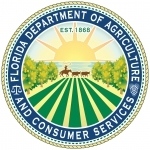
The Endangered Plant Advisory Council, part of the Florida Dept. of Agriculture’s Division of Plant Industry
Donate
NPN relies largely on donations for purchase of pots, soil, and yard signs while keeping NPN free for all members. Online credit card donations are quick and easy. To enquire about making larger or in-kind donations, contact us at NPN@fairchildgarden.org. Thanks to our many generous donors!
Photo credits:
Banner image by Eliana Ardila Kramer.
Pine rockland preserve photos from left to right by Jennifer Possley, Lydia Cuni, and Jennifer Possley

